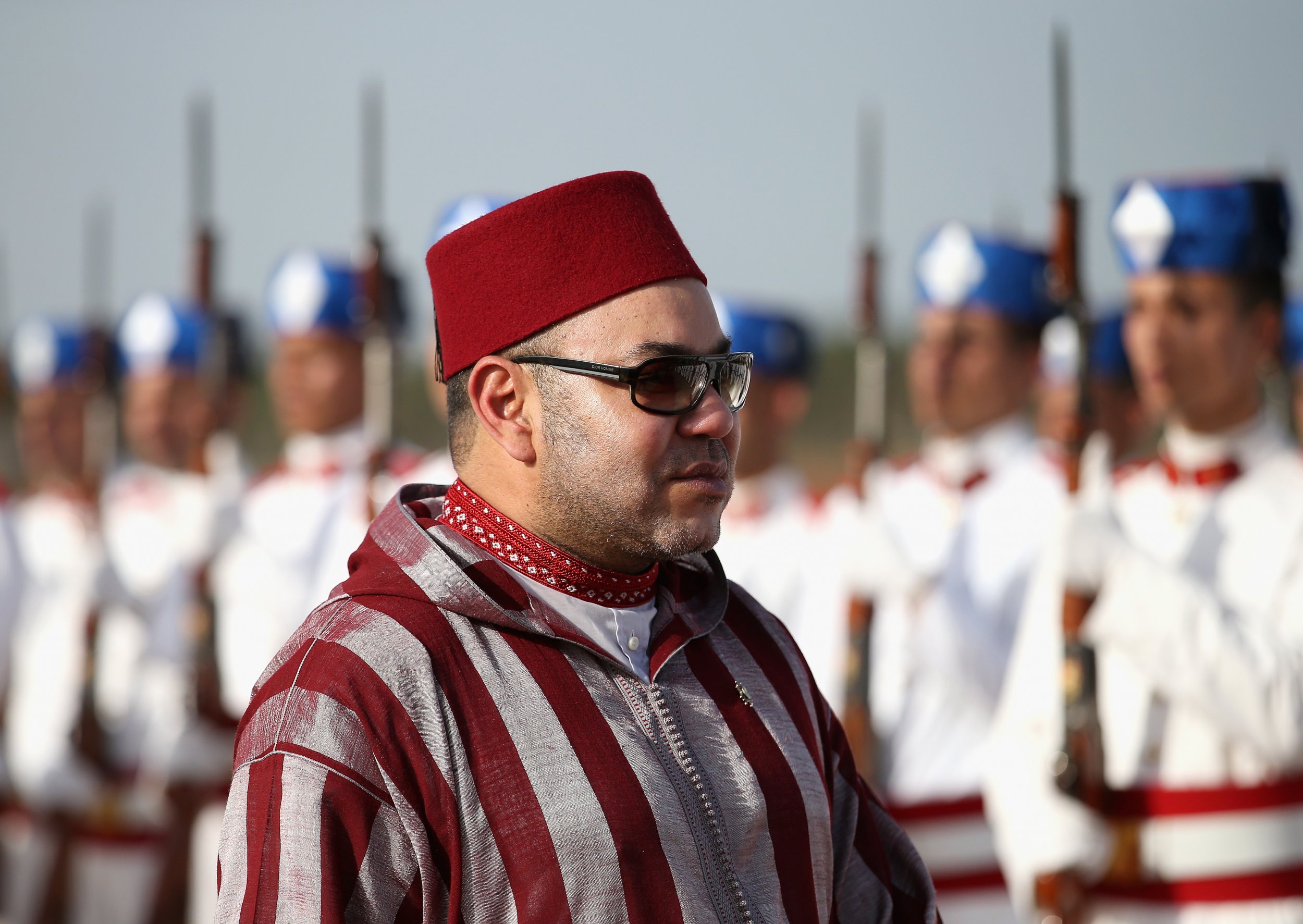
After a 32-year absence, Morocco wants its seat back at the African Union's (AU) table.
The North African country is the only African nation not to be a member of the 54-state bloc, which is currently holding a summit in the Rwandan capital of Kigali, after leaving the AU's precursor organization in 1984 in a row over a disputed territory known as Western Sahara.
But after pleas to return from its "friends," Morocco wishes to "take up its natural place within the institutional family," the country's King Mohammed VI said in a message to the AU summit on Sunday. "Through this historic act and return, Morocco wants to work within the AU to transcend divisions," the monarch said, according to AFP.
But the request comes with preconditions, namely that the AU converges upon Morocco's view of Western Sahara, which King Mohammed referred to as a "pseudo state." "On the Sahara issue, institutional Africa can no longer bear the burden of a historical error and a cumbersome legacy," he said.
An arid, desertified area the size of Colorado and with a population of just over half a million, Western Sahara has been fought over for centuries—possibly due to its reserves of phosphate and iron ore and its suspected offshore oil deposits. The region was colonized by Spain in 1884 but, after more than a century of Spanish rule, was annexed by Morocco following the Green March in 1975—the peaceful procession of some 350,000 Moroccans into the region.
This annexation was opposed by the Polisario Front, an organization founded by the indigenous Sahrawi people in 1973 to fight for the region's independence. Following a guerilla struggle lasting almost two decades, a United Nations-brokered ceasefire was agreed in 1991, which was supposed to entail a referendum on the region's independence. After decades of political stalemate, the issue became live again earlier in 2016 following comments from U.N. Secretary General Ban Ki-moon. During a visit to Sahrawi refugee camps in the Algerian border town of Tindouf, Ban referred to Western Sahara as under "occupation." This prompted a furious response from Morocco, which pulled its troops from the monitoring mission in Western Sahara and threatened to withdraw from global U.N. peacekeeping operations. Up to 1 million Moroccans also turned out in the capital Rabat to back the country's claims to the disputed territory.
It remains to be seen how the AU will respond to Morocco's request, since the organization has historically backed the Polisario Front and its self-proclaimed Sahrawi Arab Democratic Republic (SADR)—the name given to the territory by the Front. The SADR has been a full member of the AU since 1982 and has received international recognition from almost 50 United Nations member states, a large chunk of which are African countries (though almost 40 other U.N. members have withdrawn recognition of the country in recent decades). The recognition of SADR by the AU's precursor, the Organization of African Unity, prompted Morocco's decision to leave the bloc.
Morocco remains committed to blocking any moves for Western Sahara's independence—it sees the territory as part of the country and is only willing to go so far as offering it a degree of self-rule similar to autonomous communities in Spain. But its U-turn on AU membership may signal an acceptance that it has more chance of bringing others over to its viewpoint from within the organization, rather than banging on the door from outside.